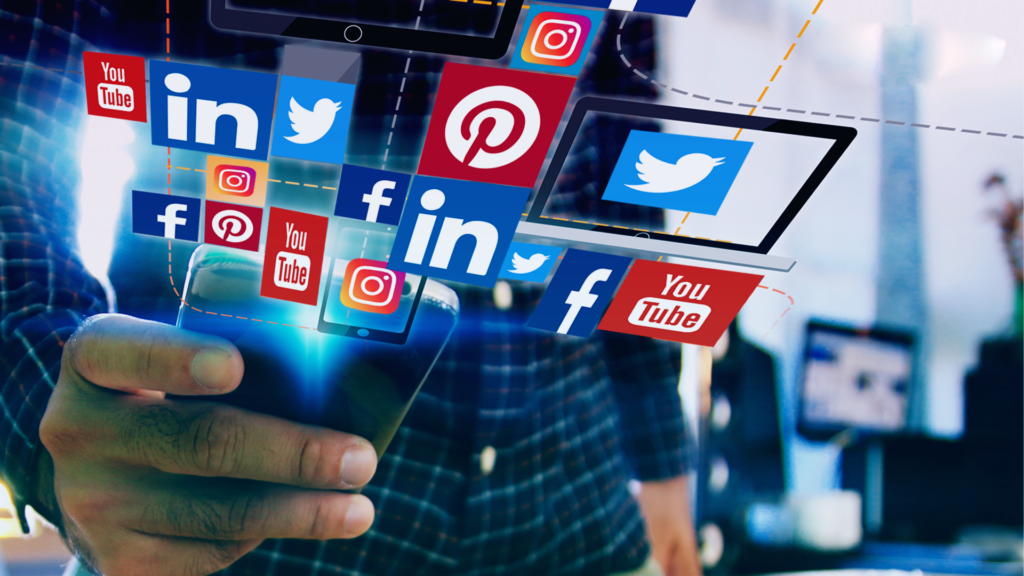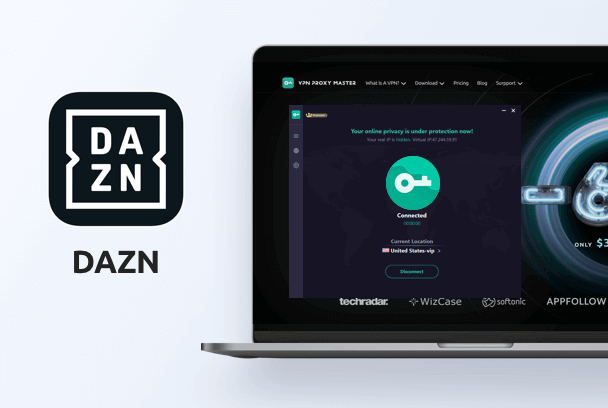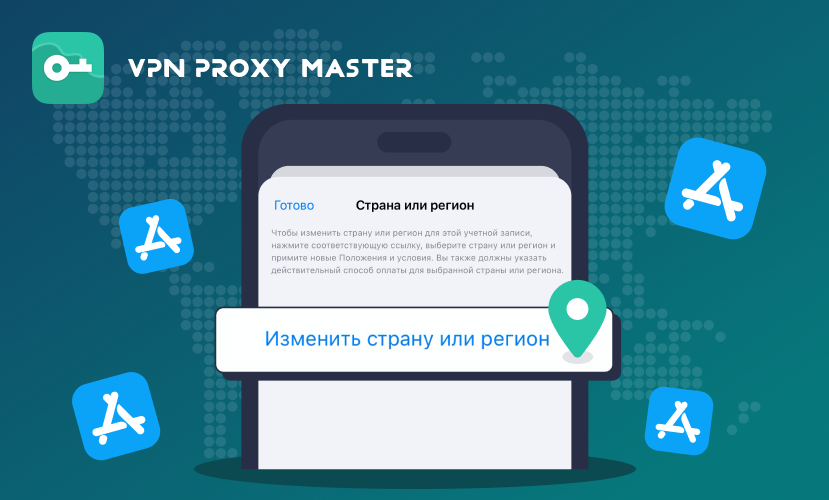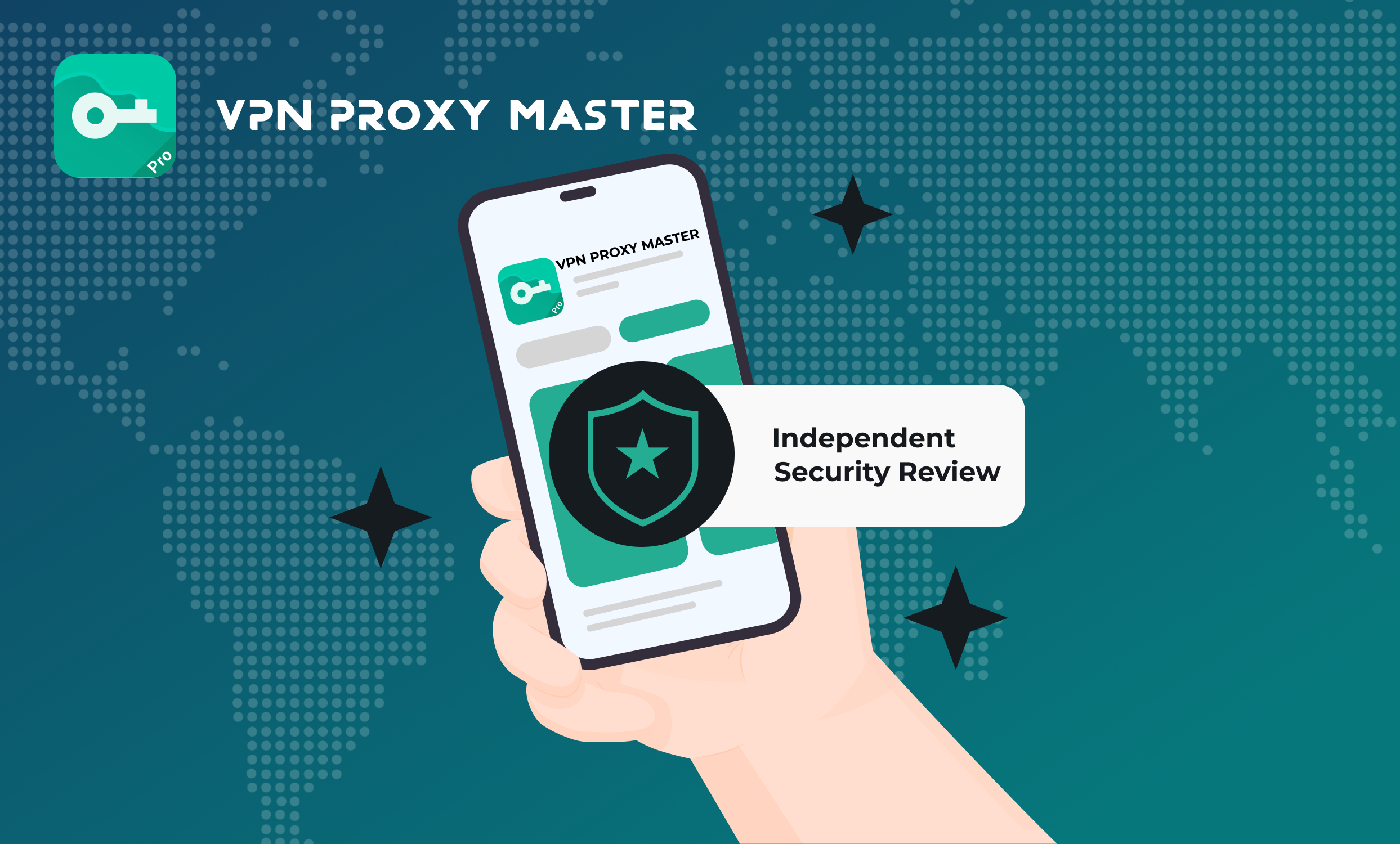
With technology today, we can connect with friends from one end of the globe to another as if we were just together. Social media helps in creating unity, sharing information, or even entertainment. Unfortunately, with all these benefits, there is an ultimate price if we are not careful. There are many reasons to keep your social media accounts secure and private.
Whenever you upload anything to a social media platform, you automatically give up some of your privacy. Though this isn't always terrible, it does need some caution with the data you provide publicly. The data may be accessible to anybody. Besides, many social media sites have carte blanche to do anything they want with the content they share.
Social media sites may instantly monetize, disseminate, and analyze your data on their databases. Consequently, the secrecy of your personal information is no longer guaranteed. Further, cybercriminals may also use your social network accounts to defraud you.
This blog will inform you of the current social media privacy issues and measures you should take to protect your privacy on social media.
What are the most common social media privacy issues in 2022?
#1 Data Mining and IP tracking
Information is the lifeblood of social media. Everything they do relies on the information you provide. You provide sensitive information such as your name, email address, date of birth, and maybe even your physical address. Other data, like your likes and images, posts, and dislikes, might also reveal something about your true nature. This information is crucial to social media sites.
When you agree to their Terms and Conditions and voluntarily provide over personal information, that information becomes their property. With it, they have wide latitude for creativity. They can:
- i. transfer your data to nations with differing privacy regulations that may be more tolerant.
- ii. utilize this information to accurately identify you as a user and show you relevant advertising;
- iii. sway your judgment depending on your preferences;
- iv. Data sales to other parties
- v. Data sharing with partners;
#2 Hacking
For several reasons, social media accounts make an excellent target for hackers. For instance, they can:
- i. access your accounts, and gather information from your social media networks. One of the simple techniques is to post pictures of your dog and then use his name as a password;
- ii. improve your self-awareness and use social engineering strategies like phishing or pretexting;
- iii. use the data you provide to pretend to be you or even steal your identity
Hackers may also use your accounts to spread malware and viruses. Because they can send messages to your pals, including links to malicious websites. People got a tendency to trust communications from their friends hence, these phishing methods are typically more successful than email phishing.
#3 Harassment and Cyberbullying
Social media platforms may be used for online harassment or cyberbullying. Even non-hackers may also commit these crimes. Cyberbullying has been on the rise with the popularity of social media, online communities, and instant messaging services.
Online harassment may take the shape of nasty remarks posted in discussion forums, private messages, blocked areas, or social media sites. Harassment perpetrators are hard to pin down because they tend to remain anonymous.
#4 Identity theft and impersonation
Another serious privacy danger on social media today is identity theft and impersonation. If you have ever met a ‘fake profile’ online then you are not alone.
Social media impersonation is a type of identity theft scam. It involves a fraudster creating a fake account with your details such as your name and picture. A fraudster may impersonate you to scam other people. This is very easy because of the availability of your photos online.
As a social media user, you may also fall a victim to a scam by a fraudster presenting themselves as someone you know.
#5 Bots and botnet attacks
Have you ever interacted with bots online? Bots are automated social media accounts. The bots are used to spam social media users, send malicious links and execute destructive acts. These bots may also be gathered together to constitute a bot network or a botnet. A botnet may conduct DDoS assaults and allow cybercriminals to access your accounts and devices.
How to Protect Your Privacy on Social Media
As far as we are concerned, the privacy policies of major social media platforms are a significant source of confusion that may lead to severe consequences. However, taking simple precautions may lessen the likelihood of a security or privacy breach.
To safeguard yourself, do the following:
i. Review Privacy Agreement Terms
Every online service, including social media platforms, has its own set of rules governing user data privacy. It would help you read and understand each social media platform's privacy policies before enrolling in an account.
When creating an account for a social networking site, it is essential to carefully consider the privacy conditions you are consenting to create an account.
Such conditions are: what data may be shared with a third party and whether or not data can be removed from the website permanently.
ii. Avoid using Social Media apps on Public Networks.
Public networks are prone to hacking. There is always the possibility that a prospective hacker is watching your behavior. Hackers may install false Wi-Fi access points, lead you to a different website, and deceive you into inputting credentials on a fake login screen.
iii. Do not Share Location on Social Media Apps.
Turning off geo-location on social networking apps is the best action; if an app wants permission to access a location, don't give it to it unless required. Disclosure of your location might facilitate stalking and other forms of unwanted contact.
iv. Enable Two Factor Authentication
Two-factor authentication is a privacy feature that is highly important for such social media sites. You should permanently activate two-factor authentications for all your applications. This way, you will always be alerted if someone else tries to log in. Whenever a login attempt is made, you are issued a code on either your phone or your email, which needs to be typed on the login page, guaranteeing that no one but you logs in.
v. Avoid Clickbait
No social network will ever accept liability for applications developed by other parties.
Don't fall for clickbait like "comment below to witness magic" or "see which celebrity you share a birthday with." These malicious applications are not affiliated with Apple or Google and are just interested in obtaining personal information for their ends.
Access Your Social Media Securely with a VPN
As we have seen, hackers like taking advantage of social media because it is an easy target. Therefore, you should take heed to ensure that you don’t fall prey to them. A virtual private network (VPN) is the answer to this problem. A VPN does more than make the web accessible from anywhere. In addition, it may help maintain your anonymity and privacy when using the internet.
You may access the web secretly while using a VPN. Your traffic will be routed via the VPN provider's safe, encrypted tunnels while your actual IP address is concealed. As a result, VPN stops hackers from monitoring your online activity or breaking into your accounts in this manner.
Addiction to social media exists. Whenever a Wi-Fi connection is available, people check in to their accounts. They do this without being aware of the risks. Your online activities will always be safe and confidential if you use a VPN. It would help if you did not worry about compatibility difficulties since popular VPNs function on almost all systems and devices.
Get the best VPN for Your Social Media Privacy
Many VPNs are available now, but what makes one VPN better than another? VPNs have different features. Therefore, you should evaluate your needs and what the VPN offers before choosing any VPN.
When it comes to security and privacy, VPN Proxy Master is the best. The VPN uses AES-256 bank-level encryption, making it impossible for hackers to eavesdrop on your connection. Besides, VPN Proxy Master has 6000 global servers in more than 50 countries, thus making it impossible for your ISP to track your online activities.
We know it may be hard for you to subscribe to VPN Proxy Master with every device in your household. As a result, VPN Proxy Master protects six devices simultaneously.
Lastly, VPN Proxy Master understands global inflation. As a result, we offer the best pocket-friendly services. Further, you have a 30-day money-back guarantee whenever you subscribe. It ensures that you never pay for services you don’t enjoy.
Conclusion
Don’t allow fraudsters to prevent you from enjoying the benefits of social media. You can keep yourself safe using the following three steps;
- 1. Go to VPN Proxy Master Pricing and choose a premium plan
- 2. Download and install VPN Proxy Master for your device
Connect to any server and enjoy your privacy.















